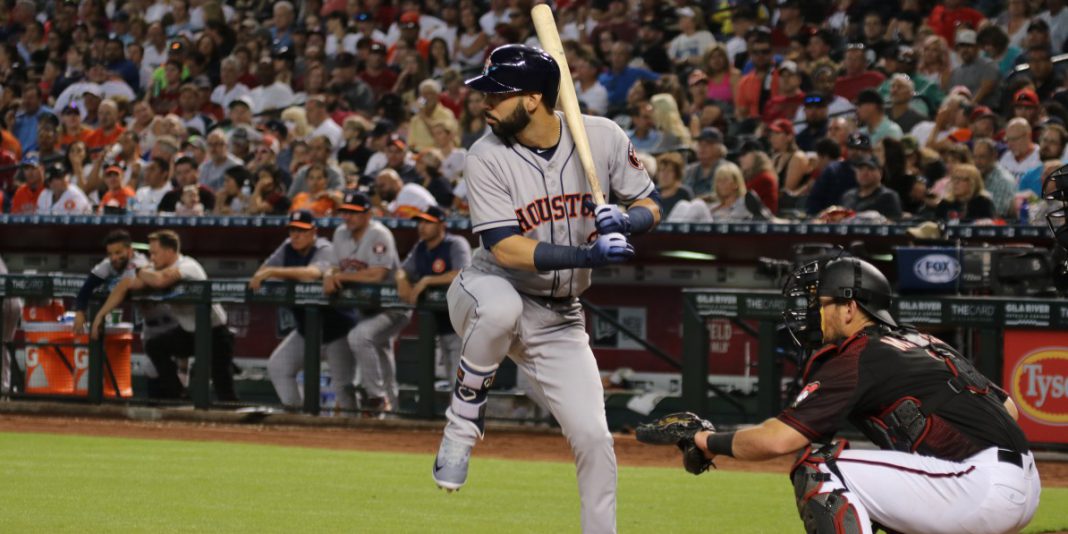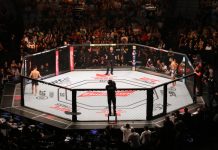The 2017 cheating scandal surrounding Houston Astros continues to haunt Major League Baseball (MLB), with a host of proposed class actions having been filed by daily fantasy sports (DFS) contestants according to a report by sports betting law analyst Law 360.
The argument put forth by the plaintiffs is that MLB had a duty to protect their interests because it knew, or should have known, about cheating during games.
Historically, courts have seemingly rejected claims by sports fans and ticket holders complaining that a game was blurred through cheating or officiating errors. The report states, however, that while the proposed class actions are something of a legal long shot, DFS players and sports bettors stand a better chance of emerging victorious.
Quoted by Law 360, David Marroso of O’Melveny & Myers LLP, specialists in sports litigation, stated: “These particular claims are new and different because of the assertion that Major League Baseball created and undertook a duty to fantasy players by partnering with fantasy companies for economic reasons and failed to protect the plaintiffs who did not know about the cheating while Major League Baseball knew or should have known.”
The case that set legal hares running was the 2017 sign-stealing scandal involving the Houston Astros. An investigation by the league, completed in January, confirmed reports that the franchise had used cameras to steal the pitch signs of opposing teams and gain an advantage.
Since then, MLB has been the subject of suits from DFS participants who contest that the league partnered with DFS operators and encouraged money to be wagered, despite having sufficient knowledge of DFS contests being tainted due to cheating.
Marroso added: “The allegation that Major League Baseball is partnering with these fantasy leagues created a duty that did not heretofore exist, and second, in that duty, Major League Baseball failed to discharge it fairly because Major League Baseball knew or should have known what the Astros were doing, and they point to the memo from 2017 to demonstrate the prior knowledge.”
Don E N Gibson, sports law and business professor at Arizona State University’s Sandra Day O’Connor College of Law, defended MLB’s position. “Those who gamble do so on their own volition and assume the risks associated with games of chance,” he told Law 360. “Also, the leagues do not manage or control the gambling activity. So it would be extremely difficult to prevail on a claim that what happens on the field is linked with the gambling activity.”














